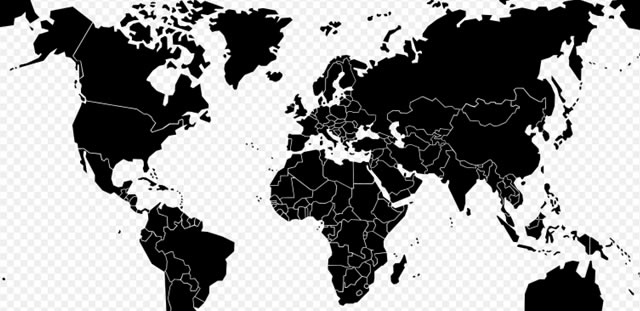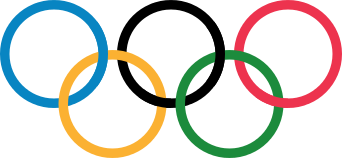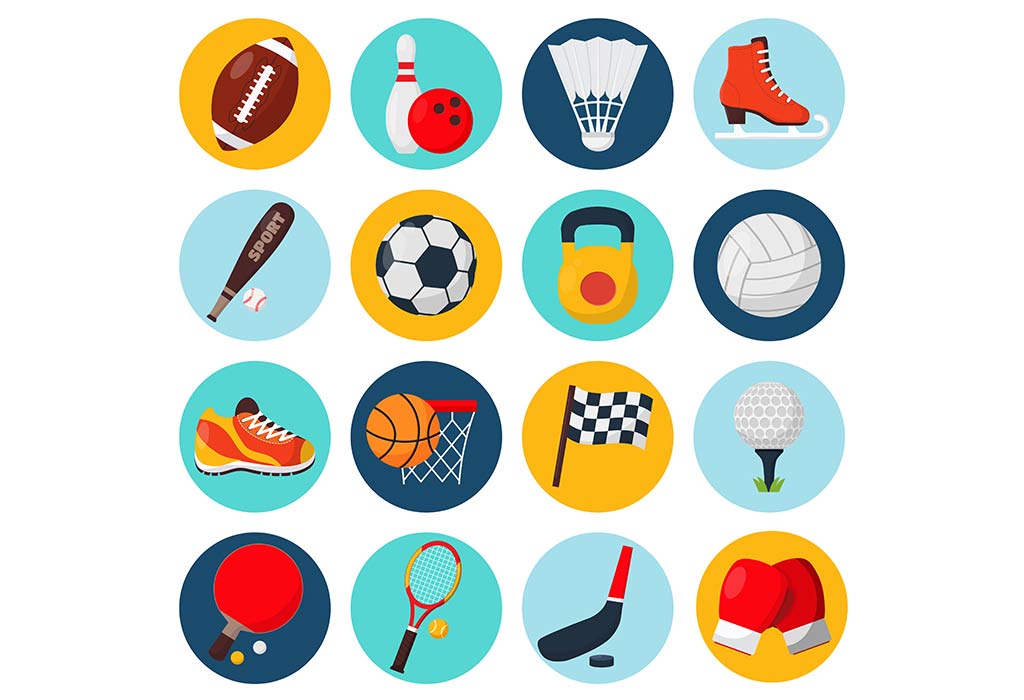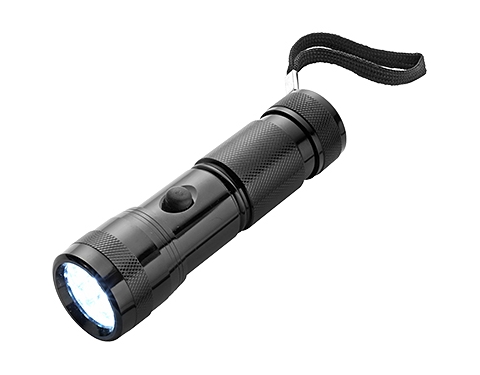Souvenir Sheet: Successful Completion of XXII Olympic Games, Moscow (Soviet Union, USSR 1980)
Successful Completion of XXII Olympic Games, Moscow (Soviet Union, USSR 1980)
21 November (Soviet Union, USSR ) within release XXII Summer Olympic Games in Moscow goes into circulation Souvenir Sheet Successful Completion of XXII Olympic Games, Moscow face value 1 Russian ruble
| Souvenir Sheet Successful Completion of XXII Olympic Games, Moscow in catalogues | |
|---|---|
| Soloviev: | Sol: SU 5126K |
Souvenir Sheet is horizontal format.
Plate error: White torch at Leningrad.Also in the issue XXII Summer Olympic Games in Moscow:
- Souvenir Sheet - Successful Completion of XXII Olympic Games, Moscow face value 1;
- Stamp - Successful Completion of XXII Olympic Games, Moscow face value 1;
Souvenir Sheet Successful Completion of XXII Olympic Games, Moscow it reflects the thematic directions:
A map is a symbolic depiction emphasizing relationships between elements of some space, such as objects, regions, or themes. Many maps are static, fixed to paper or some other durable medium, while others are dynamic or interactive. Although most commonly used to depict geography, maps may represent any space, real or imagined, without regard to context or scale, such as in brain mapping, DNA mapping, or computer network topology mapping. The space being mapped may be two dimensional, such as the surface of the earth, three dimensional, such as the interior of the earth, or even more abstract spaces of any dimension, such as arise in modeling phenomena having many independent variables. Although the earliest maps known are of the heavens, geographic maps of territory have a very long tradition and exist from ancient times. The word "map" comes from the medieval Latin Mappa mundi, wherein mappa meant napkin or cloth and mundi the world. Thus, "map" became the shortened term referring to a two-dimensional representation of the surface of the world.
A mascot is any human, animal, or object thought to bring luck, or anything used to represent a group with a common public identity, such as a school, sports team, society, military unit, or brand name. Mascots are also used as fictional, representative spokespeople for consumer products.
The modern Olympic Games or Olympics (French: Jeux olympiques) are leading international sporting events featuring summer and winter sports competitions in which thousands of athletes from around the world participate in a variety of competitions. The Olympic Games are considered the world's foremost sports competition with more than 200 nations participating. The Olympic Games are held every four years, with the Summer and Winter Games alternating by occurring every four years but two years apart.
Sport is a form of physical activity or game. Often competitive and organized, sports use, maintain, or improve physical ability and skills. They also provide enjoyment to participants and, in some cases, entertainment to spectators. Many sports exist, with different participant numbers, some are done by a single person with others being done by hundreds. Most sports take place either in teams or competing as individuals. Some sports allow a "tie" or "draw", in which there is no single winner; others provide tie-breaking methods to ensure one winner. A number of contests may be arranged in a tournament format, producing a champion. Many sports leagues make an annual champion by arranging games in a regular sports season, followed in some cases by playoffs.
A teddy bear is a stuffed toy in the form of a bear. Developed apparently simultaneously by toymakers Morris Michtom in the U.S. and Richard Steiff under his aunt Margarete Steiff's company in Germany in the early 20th century, the teddy bear, named after President Theodore Roosevelt, became a popular children's toy and has been celebrated in story, song, and film
A torch is a stick with combustible material at one end which can be used as a light source or to set something on fire. Torches have been used throughout history, and are still used in processions, symbolic and religious events, and in juggling entertainment. In some countries, notably the United Kingdom and Australia, "torch" in modern usage is also the term for a battery-operated portable light.





